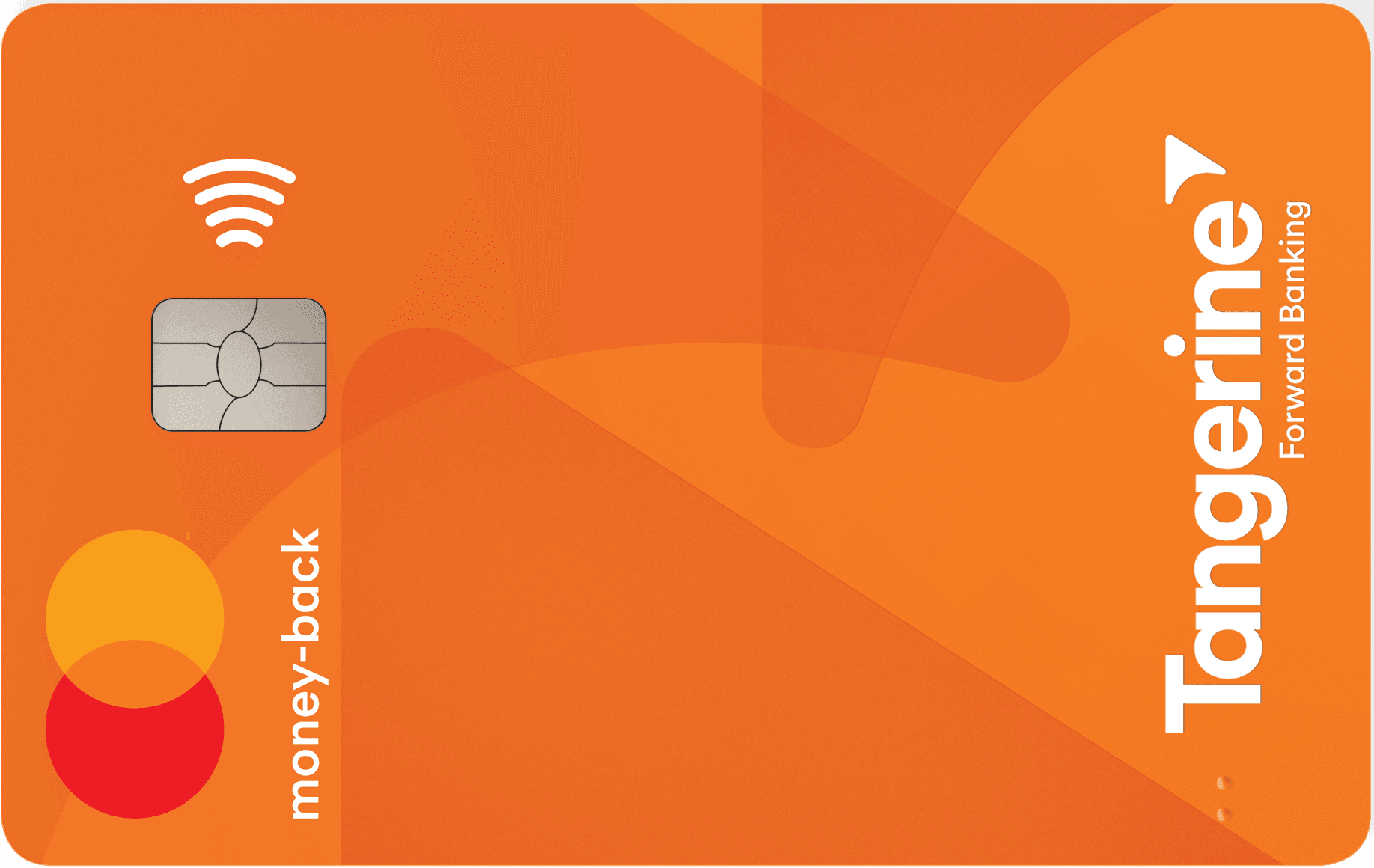Working hard in the background...
Can Credit Card Interest Rates Change in Canada?
Published Nov 22, 2025 5:26 PM • 8 min read
Credit card usage offers countless benefits to conducting financial transactions. But with the benefits come the fee and interest rate that can be charged and escalate the outstanding debt. The interest rate is charged on credit cards when the credit card holder fails to pay the outstanding debt. The interest rate applied on the credit card can change in Canada. The same credit card may have different interest rates charged on different kinds of transactions, whereas the interest rate itself can fluctuate due to various factors.
In this post, I'll breakdown credit card interest rates and any potential changes to them over time so that you can efficiently manage payments on your credit card.
How does credit card interest rate work?
To understand the changes in interest rates, it is essential to first understand how credit card interest rate works. The typical interest rate applied on credit cards is known as APR or annual percentage rate.
Say, your credit card company offers the interest of 20% APR (annual percentage rate) on your credit card. On an outstanding payment of $20000, you will have to pay additional interest equal to $4000 annually. The APR can also be calculated on a daily and monthly basis to understand what amount you will have to pay as interest on a daily or monthly basis. In this scenario, it would equal to approximately $333 per month. Do note that credit card interest rates are typically much higher than those of many other types of debt, so it's best to avoid carrying credit card debt whenever possible.
How can credit card interest rates change on the same credit card?
The interest rate charged on a credit card can change based on the nature of the transaction. The credit card companies are required to inform the credit card holder about the different interest rate charges while finalizing the contract or through a notice (if changes are made afterward) so that the consumer knows what he/she has to pay as interest. The typical type of interest rates that can apply on a single credit card include:
- Purchase APR: The interest rate applied annually on the amount spent on purchases through credit cards is called purchase APR. This is usually the lowest interest rate charged on the credit card. Mostly credit card holders get into agreement to use the credit card primarily for purchases with the benefit of paying at a later date. Credit card issuers can offer to apply purchase APR after a grace period. If you want to save on interest from these purchases, choosing one of the best low-interest credit cards in Canada can be a great strategy.
- Balance transfer APR: The interest rate applied when you transfer the balance from one credit card to another is referred to as balance transfer APR. In simple words, it is the interest rate applied when credit card holders pay the outstanding debt on one credit card through another credit card. The balance transfer APR can be higher or lower than the purchase APR depending upon the policy and offers of the credit card company. This strategy is a great way to save on the interest paid on credit card debt. Therefore, you should use one of the best balance transfer cards or one of the best zero-percent interest cards to maximize your savings.
- Cash Advance APR: The interest rate applicable when you withdraw cash from an ATM using your credit card. In simple words, when you use a credit card as an ATM card then you are liable to pay an elevated interest rate to enjoy that service. The cash advance APR is typically higher than the purchase APR. Unlike purchase APR, there is no such grace period for cash advance APR and it can be applicable immediately after the cash is withdrawn.
- Promotional APR: Credit card issuers can offer a promotional APR to convince more people into buying their credit cards. Promotional APR can also be offered from time to time to motivate credit card holders to use their credit cards more than usual. As you can infer, the promotional APR is usually lower than the purchase APR to attract more users. But as a credit card holder, you need to be vigilant because the promotional APRs are usually offered for a shorter time period, after which they expire. After that specified time ends, the APR is reverted to the usual APR charged by the credit card issuer. So, you must check the ending period of promotional APR to avoid additional charges once the time period is over.
- Penalty APR: If you violate the terms and conditions of your credit card and make delayed payments then a penalty APR can be applied by the credit card issuer. The penalty APR is usually higher than the purchase APR because the credit card company wants to demotivate such irresponsible behaviour. To discourage the violation of terms and conditions, a higher APR is imposed so that credit card holders can refrain from doing so in the future.
Change in interest rate of the same card for different users
In addition to the different APRs charged for different types of transactions, the interest rate can also change for different credit card holders in Canada. You might be wondering why credit card issuers give different deals to different users. Well, it is because of the risk and default assessment based on their credit scores. A credit score represents the creditworthiness of the user expressed numerically.
Usually, an applicant with a high credit score is considered a low-risk applicant. Credit card issuers offer a lower rate to such credit card holders because the risk of default is lower. However, if the applicant has a lower credit score, then he/she is considered as a high default risk. This is why credit card companies charge a high interest rate to such credit card holders.
Changes in interest rate for a credit card holder
In Canada, the interest rate can be changed by the credit card issuer if the credit score of the credit card holder changes. As you are already aware a low credit score user is taken as a high default risk whereas a high credit score user is seen as a low default risk. So, if the credit score of the credit card holder changes with time then the credit card company can also change the interest rate APR.
If the credit card holder improves his/her score then he/she can get a lower APR. In the same manner, if the credit card holder delays the monthly payments and gets a lower credit score after a while then the credit card company can increase the interest rate APR.
So, if you want to enjoy the available APR then try to maintain and even improve your credit score. Failing to do so, you will have to pay a higher interest rate.
Of course, the credit card company is liable to send a notice to credit card holders to notify them of all such changes in APR.
Change in the interest rate due to external factors
In Canada, there are some other factors owing to which the interest rate APR can change over time. The major factors that can contribute to interest rate changes include:
- Credit card issuer’s policy: The credit card company can change the internal policies owing to the new risk assessments. Due to changes in policies, the interest rate applied to credit card holders can vary.
- Macroeconomic changes: The changes in macroeconomic conditions applicable to all financial transactions country-wide can also result in changing interest rates on credit cards. As an example when the Bank of Canada revises the benchmark interest rates then all other banks, financial institutions, and credit card companies have to adjust their interest rates in accordance with that of benchmark. These changes are not in the hands of credit card companies.
- Changes in regulations: In addition to the macroeconomic factors, the government can also make some regulations regarding specific industries. These regulations may require credit card companies to adjust the interest rate they offer to their customers. This is why they might have to increase or decrease the interest rate APR following the latest regulations.
Do credit card companies notify you about changes in interest rates?
Now that you know that the interest rate charged on a credit card can vary due to multiple reasons. It is important to understand that the credit card company cannot impose the decision upon the credit card users instantly. Rather as per the Credit card regulations by the Financial Consumer Agency of Canada (FCAC) the credit card companies are liable to send a prior notice to credit card holders explaining all the changes they are implementing on credit card interest rate.
As per the regulations, the credit card issuer has to send a 30-day notice to the credit card holders. A 30-day notice allows adequate time for the credit card holder to understand the changes in interest rate. If the customers have any queries or reservations then they get enough time to contact the credit card company and get the required answers.
There might be some exceptions to this general 30-day notice rule. A credit card company is allowed to implement the changes if the new interest rate is in favour of the credit card holder. If the credit card company has switched to a lower credit card interest rate APR then the users won't have any trouble with immediate implementation. In addition, credit card companies can have relaxation in the notice period time for changes in promotional interest rate APR or introductory interest rate APR. This is because such interest rate changes are implemented for a limited time and as lucrative favours to attract credit card users.
Trending Offers

Tangerine® Money-Back World Mastercard®*

Tangerine Money-Back Mastercard

Neo World Elite® Mastercard®

Scotiabank Passport® Visa Infinite* Card
What's on this Page
- How does credit card interest rate work?
- How can credit card interest rates change on the same credit card?
- Change in interest rate of the same card for different users
- Changes in interest rate for a credit card holder
- Change in the interest rate due to external factors
- Do credit card companies notify you about changes in interest rates?
About the author

Abid Salahi
Credit Card Expert
Abid leads the design and engineering of the FinlyWealth website, making sure everything runs smoothly and looks great. He’s a seasoned software engineer who follows best practices and designs interfa...
SEE FULL BIO